Scientists See Severe Coral Bleaching Near Oahu
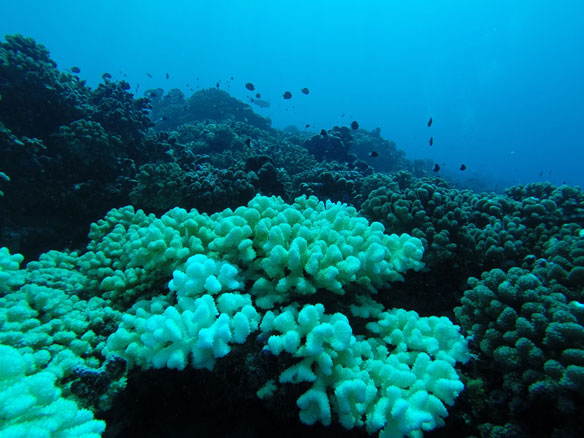
While people in Hawaii have been sweating out a lack of trade winds, corals underwater are also suffering.
Great Barrier Reef Dredge Approval Was ‘Suicide’ For Reef Authority
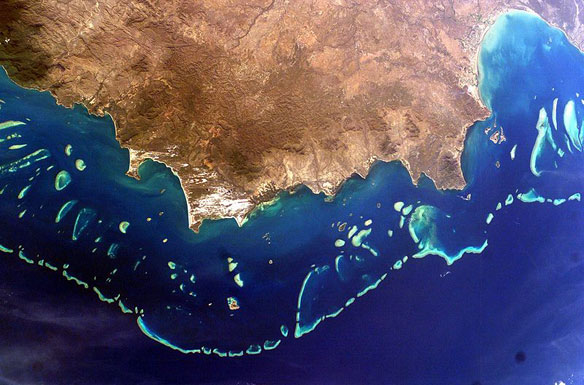
One of the world’s leading coral reef scientists says Great Barrier Reef Marine Park Authority has lost its credibility and budget cuts left it unable to protect the world heritage site.
We Can Save the Caribbean’s Coral Reefs
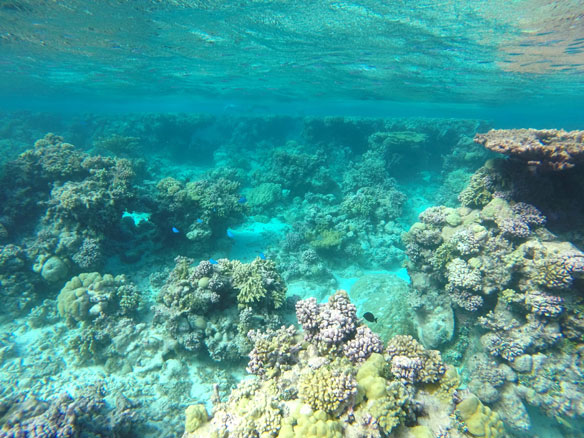
Parrotfish eat algae and seaweed. These brightly colored fish with beaklike mouths inhabit coral reefs, the wellsprings of ocean life. Without them and other herbivores, algae and seaweed would overgrow the reefs, suppress coral growth and threaten the incredible array of life that depends on these reefs for shelter and food.
Ocean Warming Affecting Florida Reefs
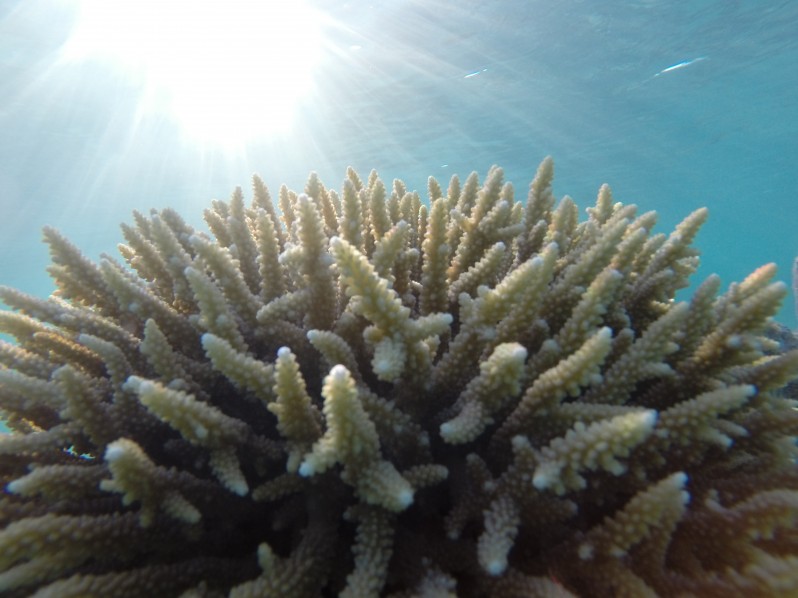
Late-summer water temperatures near the Florida Keys were warmer by nearly 2 degrees Fahrenheit in the last several decades compared to a century earlier, according to a new study by the USGS. Researchers indicate that the warmer water temperatures are stressing corals and increasing the number of bleaching events.
NOAA Lists 20 Coral Species As Threatened
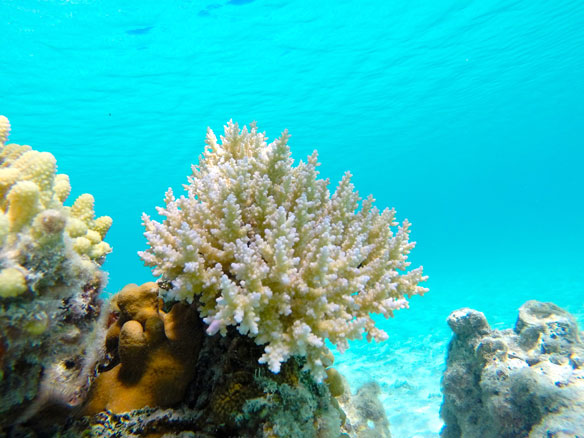
NOAA announced it will afford Endangered Species Act protections to 20 coral species. All 20 species will be listed as threatened. Fifteen of the newly listed species occur in the Indo-Pacific and five in the Caribbean.
Dumping Ban Urged for Australia’s Iconic Reef
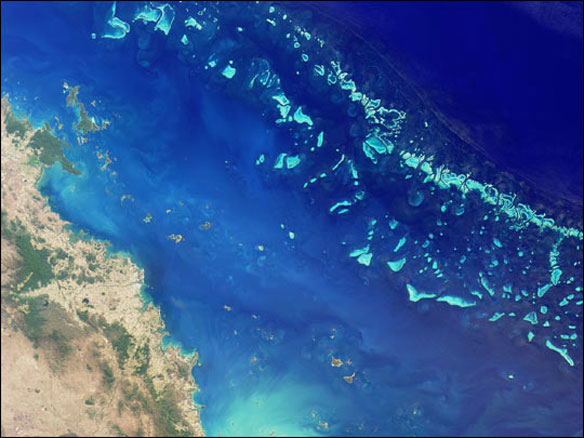
The Great Barrier Reef Marine Park Authority, the government agency responsible for protecting the reef, recently approved the dumping of five million tonnes of dredging spoil in the reef region. Scientists and coral reef experts universally condemned the decision.
Coral Miles Away Still Show Effects Years After BP Oil Spill
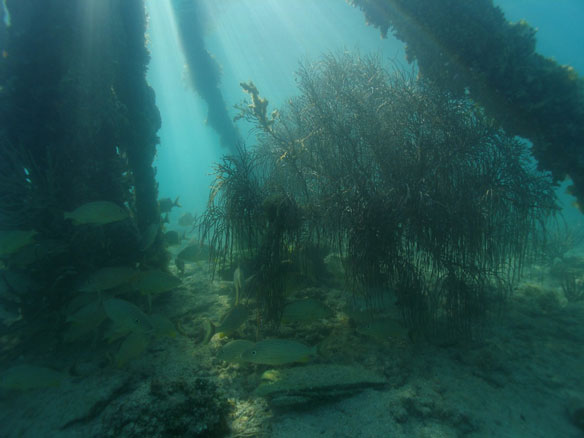
Four years after a BP oil rig exploded and flooded the Gulf of Mexico with an estimated 170 million gallons of oil, scientists have discovered further evidence of coral communities affected by this environmental disaster..
The Great Barrier Reef’s Days May Be Numbered
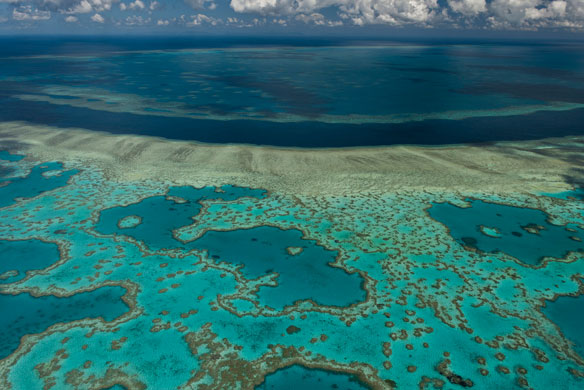
Researchers appeared before an Australian Senate committee to review how federal and local governments have managed the reef, and found that the Reef is in the worse state it’s ever been in since records began. Researchers attributed the significant decline to coastal development as well as dredging and dumping sediment along the Queensland coast.
Sustainable Tourism Thrives in Philippines’ Largest Marine Sanctuary
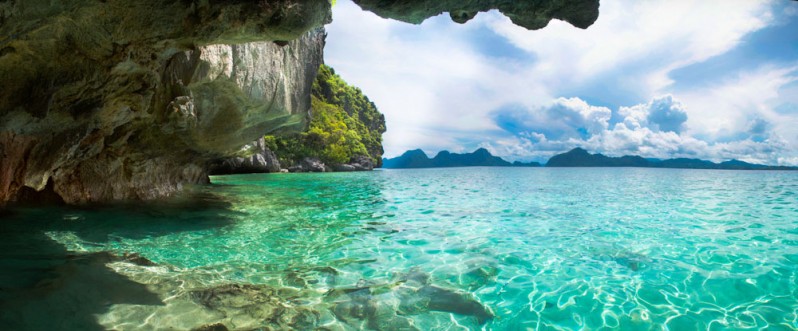
In the last 10 years the number of tourists flocking to El Nido has more than tripled. In 2013 the famed marine sanctuary welcomed over 60,000 tourists to its white sand beaches, lush mangrove and ever-green forests, and magnificently sculpted jade islands. While tourism is a mainstay of the local economy, it is also an industry that is especially sensitive to reef conditions.
